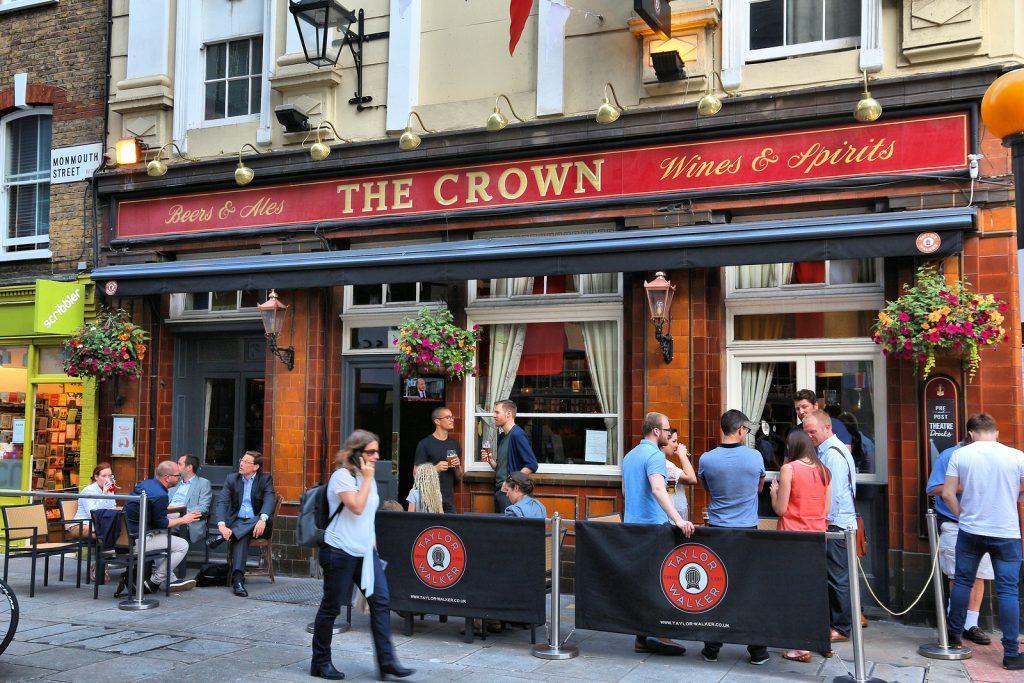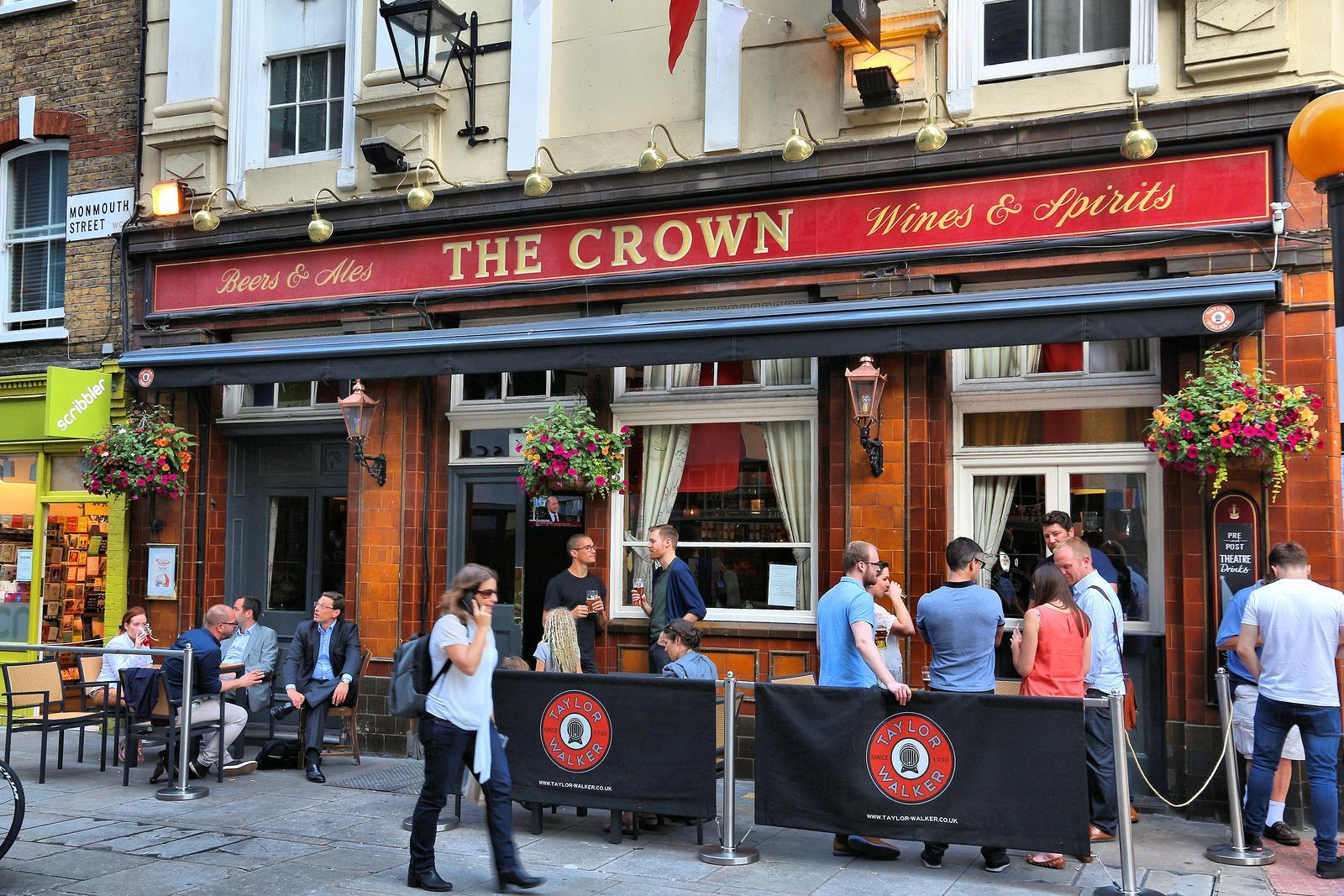The survival of British pubs is under threat due to a jump in business rates. The Campaign for Real Ale (Camra) has led calls for an annual £5,000 reduction in business rates for every pub in England.
This comes after they revealed that 30,000 pubs have been forced to close since the early 1970s. In Camra’s Good Beer Guide this year, they reported that back in the 70s the UK had 75,000 pubs.  They highlighted that many issues since have caused roadblocks for pubs since then like the 2007 smoking ban, the 2008 recession and the rising price of a pint. The UK now has only 47,000 pubs, with an average of 21 closing every week.
They highlighted that many issues since have caused roadblocks for pubs since then like the 2007 smoking ban, the 2008 recession and the rising price of a pint. The UK now has only 47,000 pubs, with an average of 21 closing every week.
They point to rising business rates as the new hurdle for British pubs to overcome and describe it as a “ticking time bomb” for the industry.
An example of how “eye-watering” rates are becoming is with Camra’s national pub of the year in 2012. The Barum in Rochdale has seen its rateable value increase by 377%. Pub of the year in 2015, the Sandford Park Alehouse in Cheltenham has also seen an increase of 181%.
Simon Crompton, owner of the Barum said: “In five years’ time when we have no rate relief at all I doubt whether we will be able to stay open. We will have to pay £3,500 more in rates every month as our rateable value has jumped from £26,000 to £126,000.”
The Good Beer Guide editor Roger Protz said: “The British pub is unique, rooted in our island’s history, dating from Roman and Saxon times. There is no better place for people to meet, enjoy a beer, strike up a conversation, make new friends and put the world to rights. Above all, the British pub, both ancient and modern, has character and an atmosphere that could never be replaced.”
Why have business rates increased?
Business rates are a tax on commercial properties in Britain. It is currently one of the Treasury’s major sources of income, it brought in £29bn last year alone. The tax is calculated according to the rental value of the property and the rate of inflation. The revaluation is to ensure that the tax burden moves in line with the economy.
The change in business rates from April is because of the new revaluation of property in Britain. This usually takes place every five years. However, the last one was postponed by two years despite controversy. This means that the valuation changes are more pronounced than the last one because there was a seven year gap.
As business rates are calculated on the value of the business property, London has been hit particularly hard as property has jumped up in value. However, there are business rate reliefs which aim to see 600,000 small businesses paying no rates at all.
Are you affected by the business rates increase? Do you agree with Camra? Let us know what you think. Find more help and support for your London-based business in our information centre.





Leave a Reply